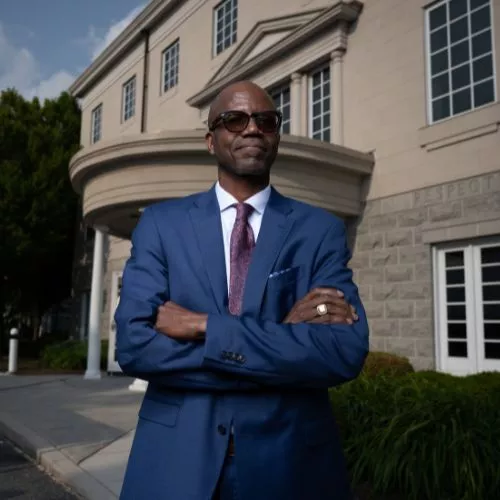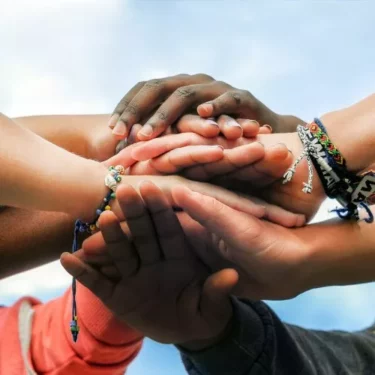Since 1975, Youth Advocate Programs (YAP) has been delivering effective and equitable alternatives to youth incarceration, congregate child welfare, behavioral health and intellectual disabilities placements in communities across the country. We checked in with Gary Ivory, president and CEO of YAP, to learn how the National Council member organization is helping justice, child welfare, public safety and other government partners achieve racial equity in their service delivery and outcomes.
Tell us a little bit about your organization. How are you helping young people thrive?
YAP is the leading nonprofit provider of services that reduce the nation’s overreliance on youth incarceration, residential behavioral health care and group home foster placements. We partner with public systems to provide trauma-informed, community-based, individual and family wraparound services as an alternative to out-of-home placement. Our unique YAPWrap™ service model, capacity building and policy work make us an innovator in transforming systems to become more effective and equitable. Guided by our “no reject, no eject” policy, YAP’s decades of service include working with many young people whose histories include serious offenses, multiple arrests and lengthy out-of-home placements.
How is the work you’re doing helping to improve racial equity in your community?
Our culturally responsive model is designed to address disparities in youth justice, child welfare, public safety and behavioral and mental health. For example, a 2018 study found that Black children ages five to 12 are about twice as likely to die by suicide as white children of the same age, and a 2021 study finds suicide rates among Black children and adolescents have been worsening.
Why is hiring culturally responsive advocates and staff essential to the services you provide?
Cultural and linguistic competence/responsiveness is among the guiding principles of YAP’s service model, which is founded on connecting program participants and their families with accessible tools in their communities that meet their individualized needs. According to the Office of Minority Health’s Think Cultural Health program, cultural responsiveness is an important strategy for improving the quality of care to diverse populations. Because cultural responsiveness is key to our model, it’s key to our success.
You provide community-based services that are more racially equitable and produce better outcomes. What are some examples of these outcomes?
More than two thirds of our program participants are individuals of color. Our outcomes address disparities that exist in youth justice, child welfare and other systems where Black, Brown and other underserved populations are overrepresented. Here’s a snapshot of how our work is changing lives:
- John Jay College of Criminal Justice research found 86% of YAP youth justice program participants remain arrest-free and, 6-12 months after completing the program, nearly 90% of youth served still lived in their communities, with less than 5% in secure placement.
- The University of Chicago Crime Lab and Education Lab found that the YAPWrap model and Brightpoint’s trauma-informed cognitive behavioral therapy, as part of the Choose to Change program, reduced violence by 49% among Chicago youth identified as at the highest risk, while also improving school performance.
- In 2023, a report from the Center for Juvenile Justice Reform at Georgetown University found that six YAP community-based, youth incarceration-alternative and aftercare startups were “extremely successful in serving youth and families, including those who may have had challenges engaging in other programs or services in the past.”
- In 2023, the University of North Carolina Charlotte Urban Institute reported promising results from its evaluation of YAP’s Alternative to Violence program.
What exciting things are you currently working on?
YAP is preparing for 2025, when we celebrate our 50th anniversary. For decades, we relied solely on funding from government systems partners. Post-pandemic, YAP has gained new support from community foundations, as well as corporations whose employees push for partnerships with nonprofits that demonstrate their commitment to social responsibility. This increase in corporate and foundation philanthropy is enabling us to scale and enhance our community-based services. Into 2024, our pre-anniversary year, we look forward to strengthening and building on these new relationships and providing more opportunities for individuals to support our work with their time and financial support. We invite you to learn more about our work at yapinc.org.




